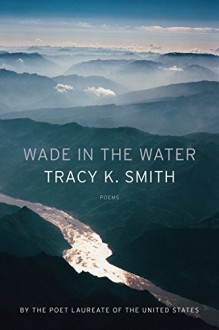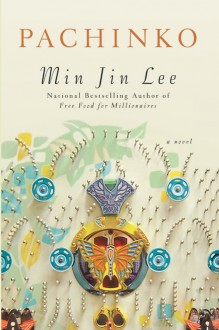
This is the first book I've read that focuses on the multitude of searches conducted to find the lost Franklin expedition rather than on the expedition itself, though of course early chapters offer context. As a fellow obsessive, it's worth asking why this lost expedition to find the Northwest Passage has generated so much interest and so many searches over the years. It certainly wasn't the only lost voyage.
One answer is Franklin's wife, Jane, whose tenacity and devotion was the force behind many of the search efforts. What I didn't know, and this book details, is that Lady Franklin was an explorer and adventuress in her own right. She'd have gone on a voyage to the Arctic herself if she hadn't been prevented. Her efforts extended to seances and mediums, popular at the time in Britain; a few turned out to be uncannily accurate.
However, one of the clearest explanations why it took so long to find the two ships (both recently discovered at the bottom of the Arctic in 2014 and 2016) is that Inuit witnesses were ignored or misunderstood (in fact, Charles Dickens penned an incredibly racist rant once it was revealed via the Inuit that some men of the expedition resorted to cannibalism). Another strength of this book is that it gives these figures and their culture their due. However, I was put off a few times by Watson's language, which could go heavy on the "magical native" trope (at one point there's a "mystical glint" in an Inuit's eye).
I appreciated that in addition to citing those who traveled to the Arctic or gave information on the expedition's fate, Watson also highlights those whose inventions and pioneering aided in searches. He also unequivocally connects climate change with the discoveries of the ships; ironically, after many lives lost searching for it in the past, a Northwest Passage is now feasible due to the melting of Arctic ice. Canada, Russia, and the United States, along with Britain, were heavily invested in these expeditions and their recovery because a passage would be so lucrative. So...there's the bright side?


 Log in with Facebook
Log in with Facebook 









